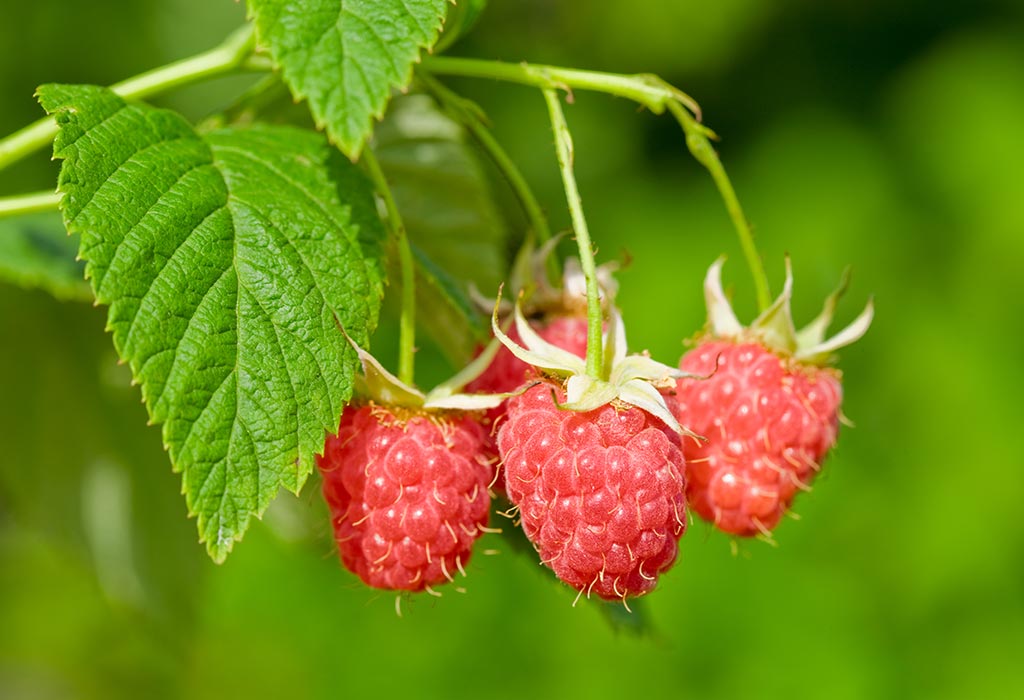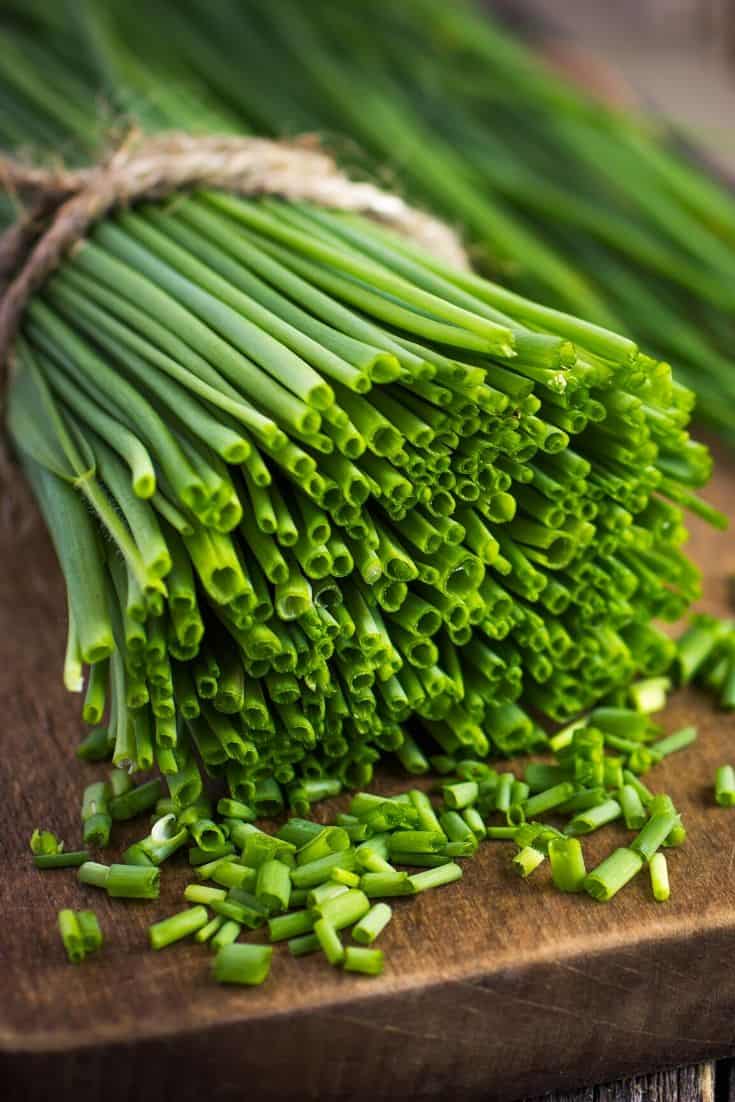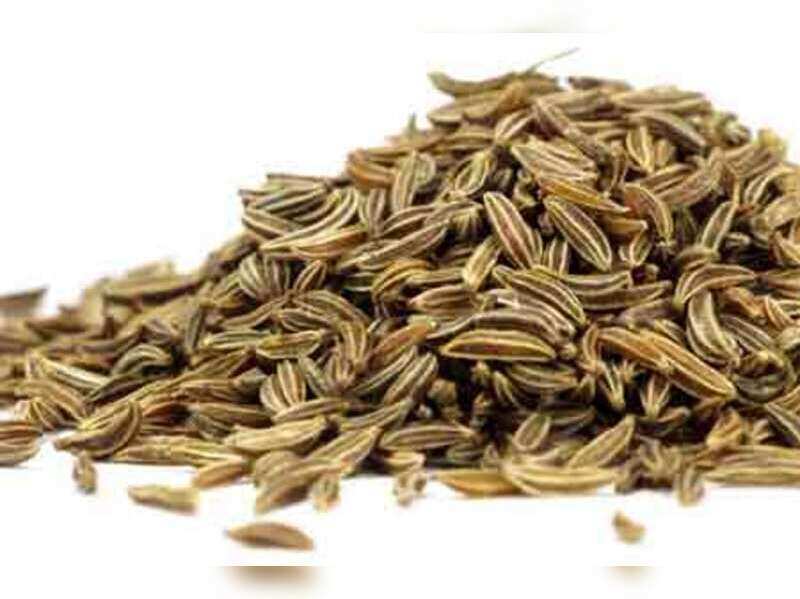Pregnancy cravings come without warning and might invoke your inner hunger demon. But despite what you’re craving for, you’ll have to think about the little one’s safety first. Such are the concerns with wasabi, and many wonder what effects it will have on the baby. One of the most common questions that mothers ask is: is wasabi safe during pregnancy?
Pregnant women eat under several restrictions, and some say wasabi is not allowed. But research says that pregnant women can, indeed, eat wasabi, among other spicy foods, regardless of what trimester they are in. Although it isn’t unsafe, you’ll want to limit the intake to keep away the undesirable side effects.
Wasabi may have a few side effects on a pregnant woman, and it is also central to uncountable facts and myths. I will go through some facts about wasabi and pregnancy with some alternatives to wasabi, so make sure to stick around till the end.
Should You Be Eating Wasabi if You’re Pregnant?
Wasabi originates from Japan, which is a spicy green paste served with sushi. It also makes some dishes taste spicy as it has a pleasant burn to it with an intense flavor. Besides, it also has several benefits, like weight loss, cavity prevention, antibacterial properties, and anti-inflammatory properties.
But more often than not, the wasabi on the market is not the real deal. Wasabi is very expensive and difficult to maintain and culture. The wasabi we consume in restaurants only have a little bit of real wasabi in it, and the rest are horseradish, mustard, and edible green color. So it may or may not be safe for you to consume wasabi while you’re pregnant.
Some people say that eating wasabi can induce miscarriage as it may cause you to bleed. There isn’t enough scientific data to back up this claim. Since there’s still a question mark in the picture, you’ll want to consume wasabi in limiting amounts.
Deciding what to include in your diet that will be good for a child to be born can be stressful at times. The contradicting theories and myths also don’t help your case. So, whether wasabi is healthy and safe for you to eat during pregnancy is arguable.
It is safe to eat wasabi peas and other dishes that contain wasabi, but you’ll need to maintain the amount for your child’s safety.
Are There Any Side Effects of Eating Wasabi?
I’ve come across some theoretical risks that come with wasabi consumption, which might occur if you’re consuming it in large amounts. These symptoms are the most widely discussed.
- Morning Sickness: Morning sickness is most common during pregnancy which includes nausea, vomiting, and stomachache, among other things. If you keep eating wasabi, the chances are that your morning sickness is going to get worse, especially in the first trimester.
- Allergies: Women with allergies are more prone to the side effects of wasabi than others. For some pregnant women, eating wasabi may produce allergic reactions and cause irrigation or digestive problems.
Besides, if you’re prone to diarrhea, you should consider avoiding wasabi. It might also cause gastric distress though it doesn’t often happen, only for some rare cases.
- Heartburn: For pregnant women, heartburn is not uncommon. Spicy foods relatively increase the rate of heartburn during pregnancy. So wasabi, being on the spicy end of the spectrum, will most certainly give you some degree of heartburn.
As it has a specific flavor, it might irritate the gastric tract, worsening the heartburn even more. Additionally, as a baby is growing inside you, wasabi or other spicy foods may force the stomach acids into the esophagus.
Not all the risks occur as frequently as the others. As I’ve mentioned previously, wasabi in the American market is 99% fake, so it may also contain additives, which could be harmful. Some even say that wasabi is also linked with miscarriage as it may cause bleeding, though it is not a proven fact.
The bottom line is, if your body is sensitive, whether you’re pregnant or not, you’ll want to avoid consuming wasabi altogether or take necessary precautions if you do. You also have to limit the amount of wasabi intake.
Some Wasabi Alternatives
Pregnancy cravings aren’t something you can always help. So if you’re craving something spicy and feel the need to eat wasabi, here are some alternatives you can consider that won’t make your nose cringe. These spices are safe to eat, so you won’t have to worry about potential health hazards.

- Black Pepper: Chromium is an essential element for pregnant women as low amounts can cause diabetes and other heart conditions for a pregnant woman. Black pepper boosts the chromium levels, which will stabilize the blood sugar level and cholesterol, preventing health risks.

- White Pepper: White pepper helps with constipation, which is not uncommon during pregnancy. It’s a very beneficial spice, so even if you’re not craving it, you should add it to your everyday diet.

- Red Raspberry Leaves: For pregnant women, red raspberry leaves are one of the essential spices. It adds to the production of milk. Additionally, it helps with nausea and strengthens the uterus.
It also helps decrease the labor pain and other complications of birth, which is the most important benefit of adding this spice to a pregnant lady’s daily diet.

- Ginger: Another excellent alternative to wasabi is ginger, which may not taste identical to wasabi, but will undoubtedly be a bonus for your health. Ginger fights germs and calms nausea. For morning sickness, ginger will give you instant relief. Additionally, it also lowers down the blood sugar.
It’s very safe, but you should consult your doctor before consuming it in large amounts. If you’re getting close to your labor, you can pass this option.

- Cinnamon: Like ginger, you’ll want to take this spice in a limited quantity. But it’s an excellent option to keep your blood pressure under the radar if you’re pregnant. Besides, it will also help to lower the risk of infections and inflammation. It also prevents gestational diabetes, which is backed up by research.
However, it is best to avoid cinnamon supplements as it could result in over-consumption.

- Fresh Chives: Fresh Chives help with the fetus’s brain development by supplying folic acid, which is one of the essential nutrients in the first trimester. It prevents structural defects of the fetus and neural tube defects as well. Additionally, it supplies different minerals and alleviates constipation.

- Cardamom: Cardamom is a very safe space and can be very healthy for you in your pregnancy. It prevents the clotting of blood and relieves nausea and morning sickness. You can include three to four pods of cardamom in your morning tea while it’s brewing. It will also add to the flavor of the tea.

- Cumin: This spice helps to get rid of inflammation during pregnancy and is also one of the safest options as it you can consume it even in large amounts. It contains antioxidants and might help with diarrhea.
Besides, it also helps control blood sugar, fights bacteria and other parasites, and lowers cholesterol. It’s also great for digestion and helps reduce pain.

Conclusion
For good health, a pregnant woman needs to follow several instructions every step of the way for nine months, which can be overwhelming. You can include the alternative spices that I’ve mentioned in your diet as well. I hope that you’ve got a straightforward answer to your initial question, “is wasabi safe during pregnancy?”
I wish you a safe and happy pregnancy!



